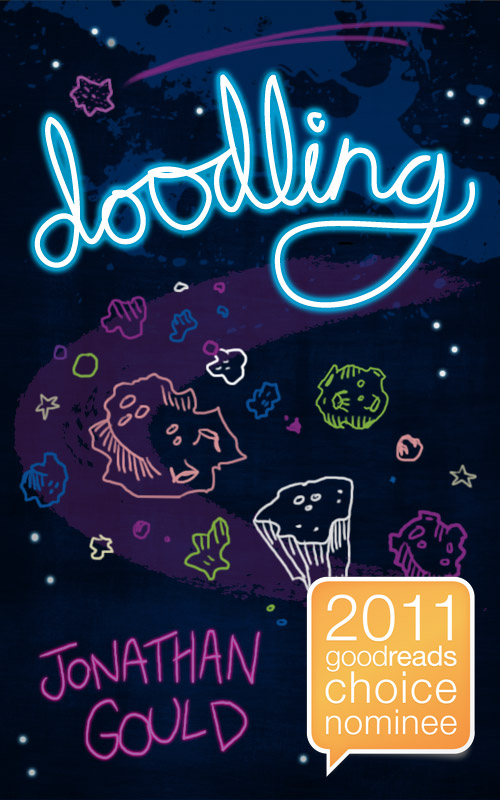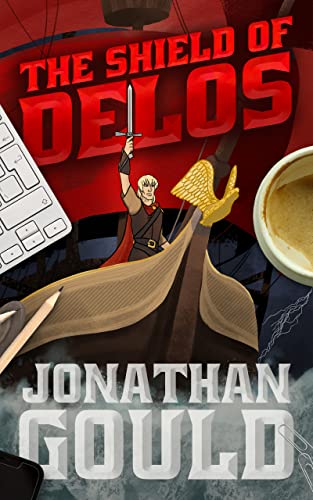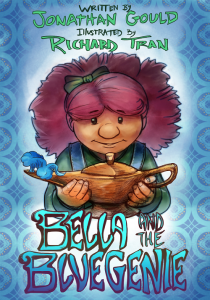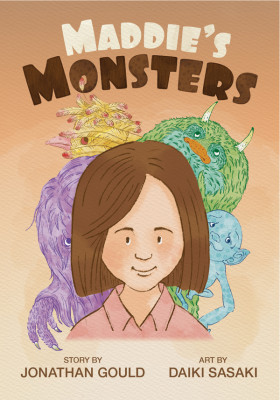Not that that should come as any great surprise to you. I’m kind of banging on about it all the time. What it does mean though is that, like any big kid, I like to play. And the things I like to play with the most are words.
Words are great. They’re the best toys that anybody could have to play with. There are so many different things you can do with them. They’re so flexible and malleable. As a writer, there’s nothing more fun than figuring out the different sorts of games I can play with them. In fact, that’s pretty much the theme of the most recent book I published, Scrawling.
Obviously, one of the most basic things you can do are simple puns. I love puns. I’m constantly making up puns.And the more groan-inducing they are, the better. In fact, many people say that spending too much time with me is sheer pun-ishment (cue loud groan).
It’s actually funny how, when I looked back through my books, I noticed there actually weren’t a lot of puns in there. I was really pleased to rectify that in Scrawling, where puns play quite a substantial role in at least one chapter.
Beyond the meaning of words, sometimes it’s just fun to play with the sounds of words. That’s where writing within the genre of fantasy can be especially rewarding. It’s a genre where making up new words is not just accepted, it’s actually pretty much demanded. I’m always having fun making words up. Words for new characters, or strange locales, or any kind of fantastical element or custom. Sometimes I’ll try to come up with something where the sounds of the syllables in the word reflect somehow on what that word is describing. But other times, I’ll just bang my fingers on the keyboard and see what comes up. Sometimes, the more unpronounceable, the better.
There’s one other game in particular that I like to play – spoonerisms. I’ll often just throw them into ceneral gonversation. I like to see the looks on people’s faces as they gradually figure it out. I even managed to use it (sort of) for a book title. Magnus Opum is I suppose some sort of reverse spoonerism, where it’s the last letters in the words that are swapped, rather than the first.
There are lots of other different types of games you can play with words – the fun never ends. Hopefully, you’ll also have a bit of time for fun this week.







